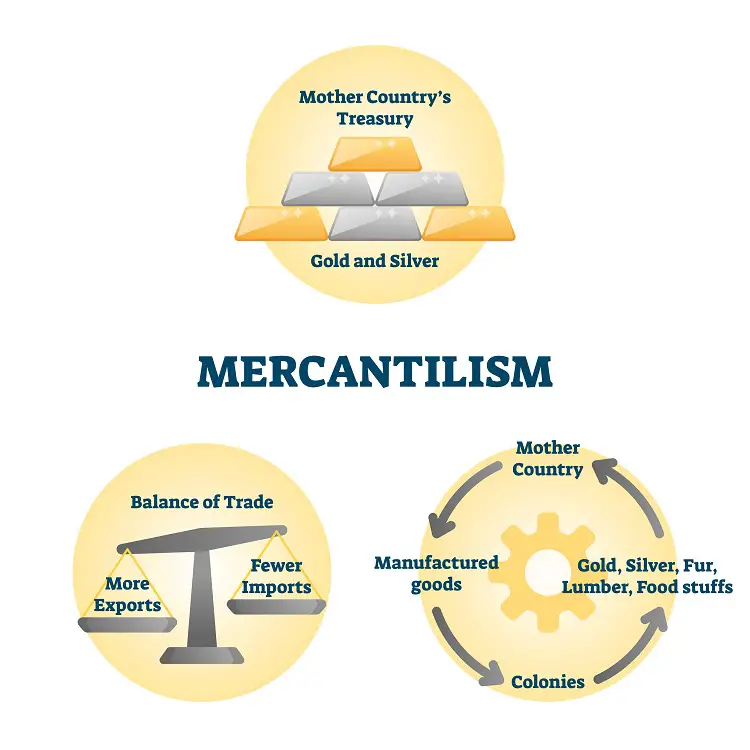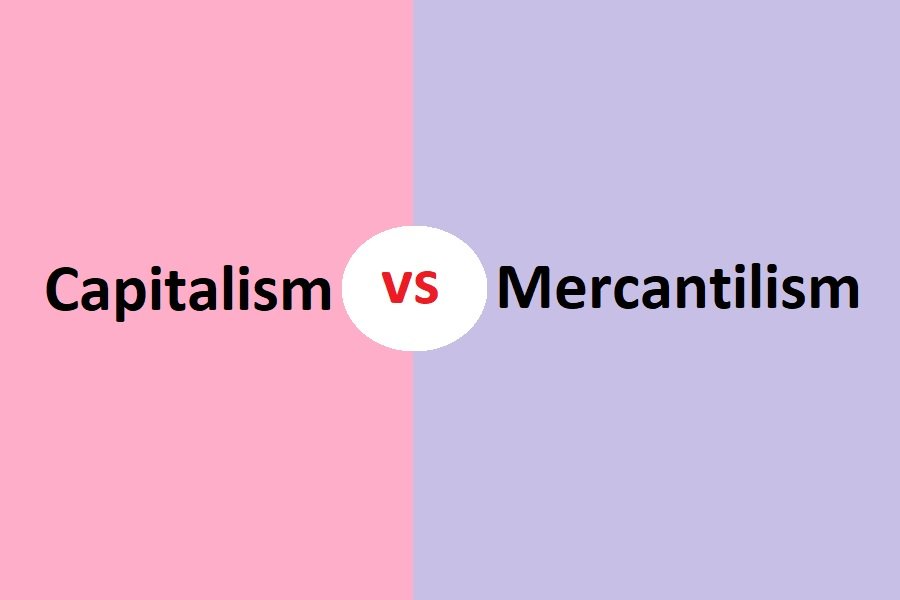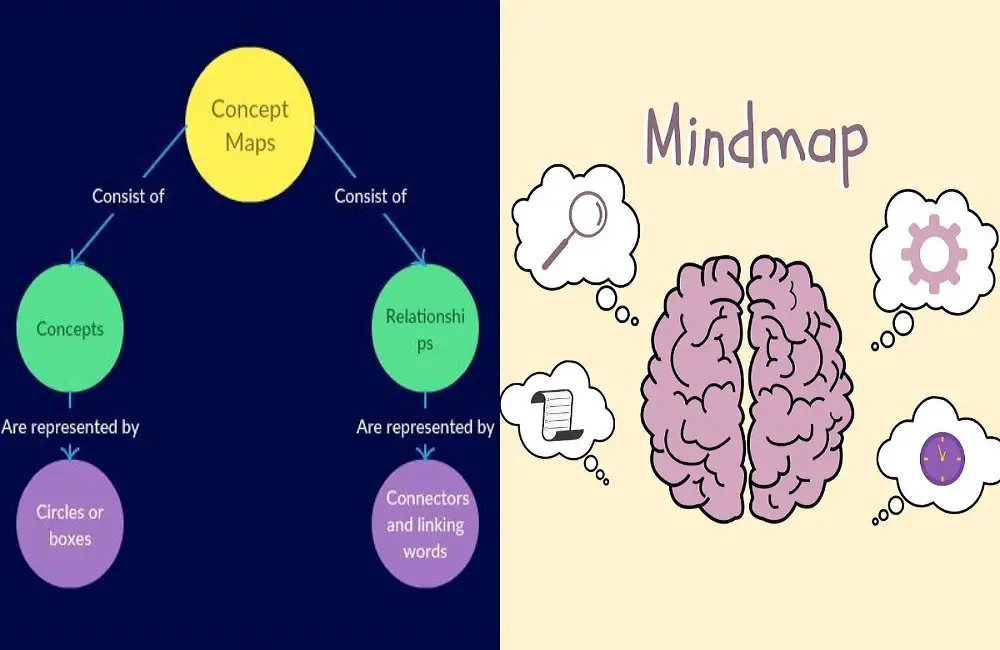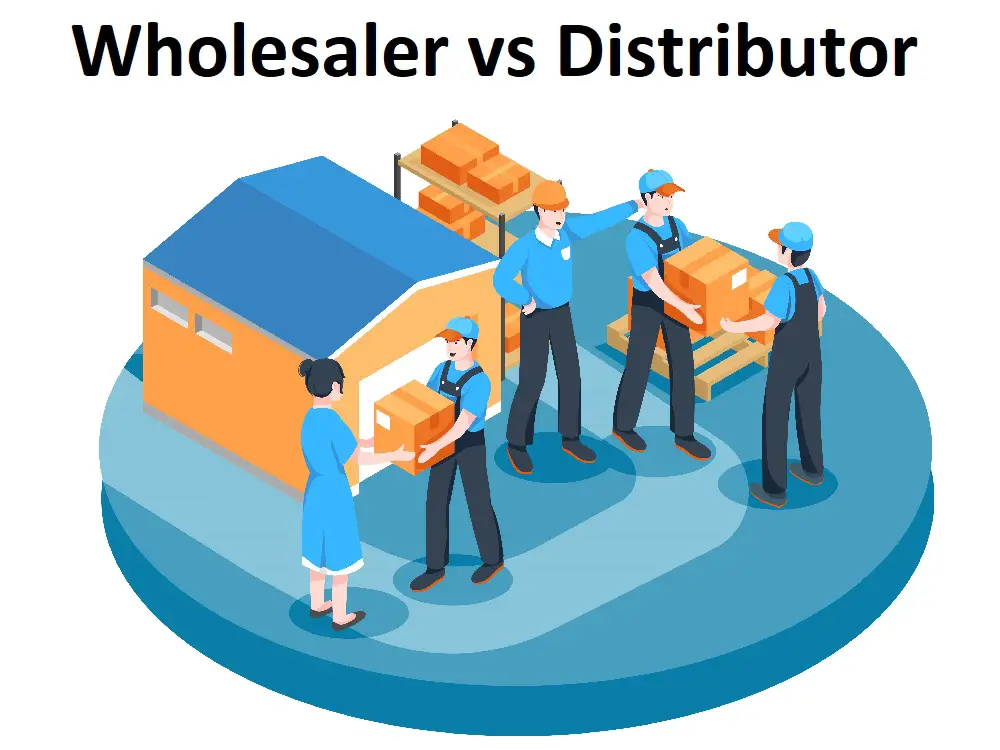Difference between Capitalism and Mercantilism
Although both economic systems are focused on making profits, capitalism is more autonomous toward the country’s people, whereas Mercantilism restricts people’s right to trade and commerce. Essentially, one favors equal rights, while the other does not.
But as we go deeper into the issue of capitalism vs. Mercantilism, we can observe that many firms in today’s capitalistic system adhere to the same idea that mercantilists did once.
Despite being recognized as the founding form of capitalism, however, Mercantilism had radically diverse methods of attaining its objectives.
Capitalism vs. Mercantilism: An Overview
The primary contrast between capitalism and Mercantilism is that one economic framework promotes individual freedom while the other restricts it for the country to thrive.
Capitalism refers to a libertarian approach in which people are given autonomy and equal opportunities to generate money via an open market with minimal government intervention. On the other hand, Mercantilism refers to a more conservative system that restricts autonomy since it insists on effective management.
When it comes down to Capitalism vs. Mercantilism, the former is widely accepted globally, whereas the latter is slowly becoming obsolete.
What Is Capitalism?

Capitalism, in essence, is an economic concept in which private individuals, rather than the government itself, control a country’s economy and trade. Private companies, enterprises, and holdings have financial commodities and gains in this case.
This concept was initially originated in Europe, mainly as a result of feudalism and Mercantilism. It also contains features such as wage labor, payment scheme, and wealth generation.
When commodities and services are created, the market economy is founded on producing and consuming such products and services.
When it comes to the capitalist market economy, the actions and acquisitions are primarily influenced by variables such as income and production capacity both in capital and finance markets.
Laissez-faire capitalism, more colloquially known as the free market, is seen as the finest version of capitalism.
Private owners and investors primarily control where and how to manufacture, trade, and finance, as well as the pricing at which things should be traded.
Today’s nations are believed to follow mixed capitalism, which entails private ownership and government supervision of specific sectors and enterprises.
The primary advantage of capitalism is that it addresses concerns about economic output and resource allocation. To do that, it provides the greatest items at the best rates.
Furthermore, with capitalism, there seems to be an inherent incentive for creativity. This approach, unfortunately, has drawbacks.
In capitalistic regimes, private ownership allows firms to develop monopolistic power in goods and labor markets. And, this, in turn, can lead to significant social injustice.
Difference between Colonialism and Imperialism
What Is Mercantilism?

Mercantilism is an economic philosophy that advocates for government regulation of a nation’s infrastructure to generate wealth and enhance national power. It is concerned with boosting a nation’s exports and lowering its imports.
This theory flourished in Europe from the 16th through the 18th centuries and lasted even longer in countries like Germany.
It was heavily founded on the idea that the world’s riches are fixed and also that a large percentage of European nations receive the lion’s share of that by boosting exports and limiting imports through tariffs.
Exports are intended to make a state wealthy by bringing revenue into the country, whereas imports are believed to profit rivals at the cost of the country’s economy. Tariff rates and charges on trade products are considered to be promoted by mercantile policies. Also read the differences between fiscal and monetary policy for better understanding.
They primarily seek to reduce existing deficits or achieve new surpluses. Mercantilism reduces commerce to a zero-sum game in which the exporters are considered to get an edge over the importers.
This is essentially a partnership in which one country benefits and the other suffers. However, Mercantilism is progressively fading with time and eventually becoming obsolete, and capitalism is gaining popularity.
Main Difference between Capitalism and Mercantilism

Before we begin, the primary difference between capitalism and Mercantilism is the presence of people’s freedom in trade and commerce, as well as the government’s role in it.
Capitalism is a type of economic practice wherein the private firms or enterprises of the country seek to generate profits.
And, Mercantilism is an economic practice in which a nation concentrates primarily on growing exports and lowering imports to make the economy wealthy.
Mercantilism is becoming obsolete over time. Although it began in France a long time ago and lasted until about the French Revolution, it no longer exists.
However, China is by far the most mercantilist country, with a few other Asian countries trailing behind.
The primary focus of capitalism is to generate sufficient earnings to expand or develop the firm or industry.
On the other hand, the primary focus of Mercantilism is to increase exports and accumulate metals such as gold and silver to help the economy grow.
While capitalism promotes a corporate environment and operations that do not require government intervention, Mercantilism supports monopoly and accumulates riches for the country since it predominantly oversees it.
When it comes to capitalism, this economic system enforces low import duties and free trade. But when it comes to the other economic system, it essentially executes high import duties to enhance the state’s income.
Capitalism is seen as a highly favored economic practice around the world since it encourages choice.
On the other hand, Mercantilism is not seen as a desired economic practice throughout the world due to its entire concentration on the state and lack of people’s independence.
A Comparative Table
| Parameters of Comparison | Capitalism | Mercantilism |
| Definition | Capitalism is an economic paradigm wherein private individuals, instead of the government, dominate the nation’s business and trade. | Mercantilism is an economic concept that promotes governmental management of a country’s economy to produce riches and strengthen national authority. |
| Examples | United Kingdom or Great Britain, Australia, Singapore | France (initiated this practice), China (at present) |
| Focus | Making a profit is the primary goal of capitalism. | Expanding the economy of the country is the primary goal of Mercantilism. |
| Role of Government | Capitalism generally operates without the involvement of the government. | Mercantilism is usually accompanied by the intervention of the government. |
| Tariffs | Capitalism imposes considerably lower tariff charges. | Imports are subjected to significantly higher tariffs under mercantile policies. |
| Global Recognition | Capitalism is widely recognized across the world, and this economic practice is widely liked. | Seeing as this economic practice is progressively becoming obsolete, Mercantilism is not well recognized on a global scale. |
Conclusion
Capitalism and Mercantilism are terminologies that pertain to two separate forms of economic concepts. Even though Mercantilism is the primary form of capitalism, the two notions are substantially different.
While capitalism considers income generation to be the key determinant of economic progress, Mercantilism argues that financial success can only be attained via wealth generation.
Capitalism has a more practical approach that ensures equal rights, whereas Mercantilism takes a far more conservative approach that restricts people’s freedom.
And, as a consequence of this suppression of freedom, Mercantilism is progressively becoming extinct.





